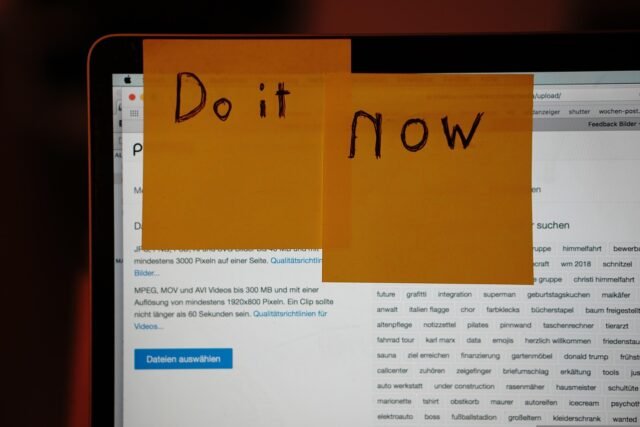If you’ve ever found yourself distracted by every notification, struggling to concentrate on your goals, or feeling mentally foggy throughout the day, you’re not alone. In our fast-paced, digitally noisy world, maintaining mental clarity and sustained focus is a real challenge. Fortunately, simple habits that improve your focus and clarity can be easily integrated into your daily routine—without expensive tools or drastic lifestyle changes. These habits not only sharpen your mind but also set the stage for long-term productivity and peace of mind.
Start with a Morning Ritual
One of the most effective ways to set the tone for the day is to start your morning with intention. Rather than diving straight into emails or social media, take the first 30–60 minutes for yourself. A consistent morning ritual may include hydration, light stretching, journaling, or a short meditation session. Research by Harvard Medical School shows that mindfulness practices like meditation can enhance focus, reduce anxiety, and improve emotional regulation (source).
A related blog post: “The Ultimate Morning Routine for Success: Start Your Day Like High Performers Do”.
Build Micro Habits That Sharpen Attention
You don’t need to overhaul your life to improve your focus and clarity. Micro habits—small, intentional actions—can rewire your brain over time. Some examples include:
- Keeping your workspace clutter-free
- Using the Pomodoro technique to work in focused 25-minute sprints
- Practicing one-minute mindfulness throughout the day
- Limiting multitasking and focusing on one task at a time
These small shifts may seem minor, but their impact compounds. When consistently practiced, they enhance mental discipline and help you stay present in the moment.
Fuel Your Brain with the Right Inputs
What you feed your body also fuels your brain. Nutrition plays a vital role in cognitive function. Omega-3 fatty acids, found in walnuts and flaxseeds, support brain health. Avoiding sugar crashes by choosing whole foods and complex carbs keeps your energy stable throughout the day.
In addition, staying hydrated is key. Even mild dehydration can impair concentration and short-term memory. Keep a bottle of water nearby and aim for at least 2 liters daily.
Take Intentional Breaks
It’s tempting to push through fatigue, but breaks are essential. Regular mental pauses—such as stepping away from your screen, taking a short walk, or engaging in breathwork—help reset your brain. This downtime helps consolidate memory and prevent decision fatigue.
A study by the University of Illinois found that brief breaks during long tasks help maintain consistent performance, compared to working non-stop (source).
Set Digital Boundaries
Our focus is often stolen, not lost. Notifications, social media, and open browser tabs constantly tug at our attention. Setting boundaries like keeping your phone on Do Not Disturb during focused hours, using app blockers, or scheduling “deep work” time can help regain control over your attention span.
If possible, keep your phone out of sight when working. As noted by a study published in the Journal of the Association for Consumer Research, even the mere presence of your phone—even when turned off—can reduce available cognitive capacity.
Practice Daily Reflection
End your day by reflecting on how you spent your time and what could be improved. A short journaling session or gratitude list helps clear mental clutter and strengthens emotional clarity. Over time, this reflection helps identify patterns that hinder or enhance your focus.
Bonus Tip: Get Quality Sleep
Sleep is the foundation of mental clarity. Poor sleep impairs cognitive function, attention span, and mood. Build a wind-down routine, avoid screens an hour before bed, and aim for 7–8 hours of quality rest each night.
In conclusion, integrating simple habits that improve your focus and clarity doesn’t require monumental effort. It’s the small, consistent actions—mindful mornings, digital boundaries, good nutrition, and sleep hygiene—that make the biggest difference. Focus is a skill, not a gift. And just like any skill, it gets sharper with daily practice.
By adopting even two or three of these habits, you’ll notice a meaningful shift not just in your productivity but in your overall sense of calm and direction. So start small, stay consistent, and let clarity become your superpower.








